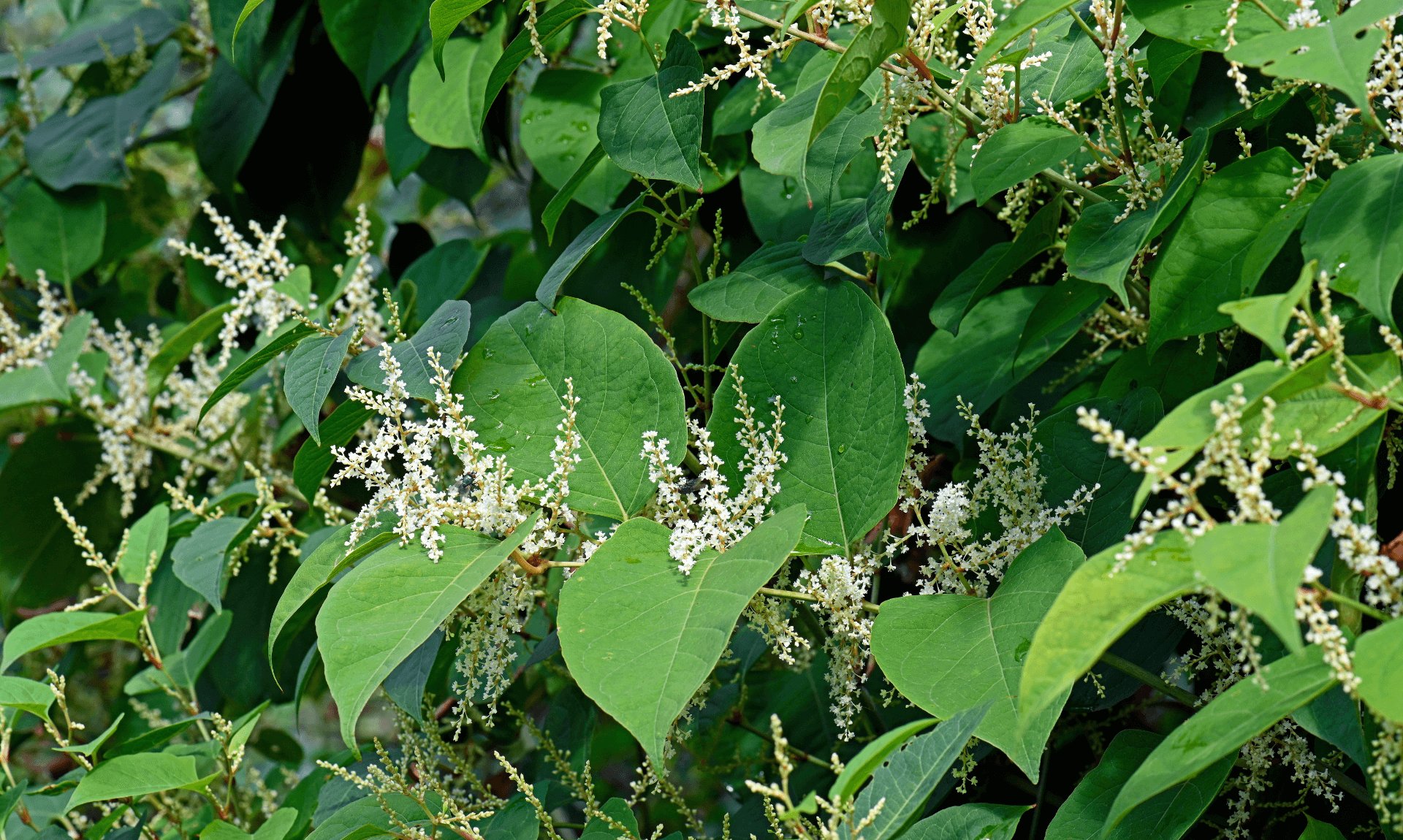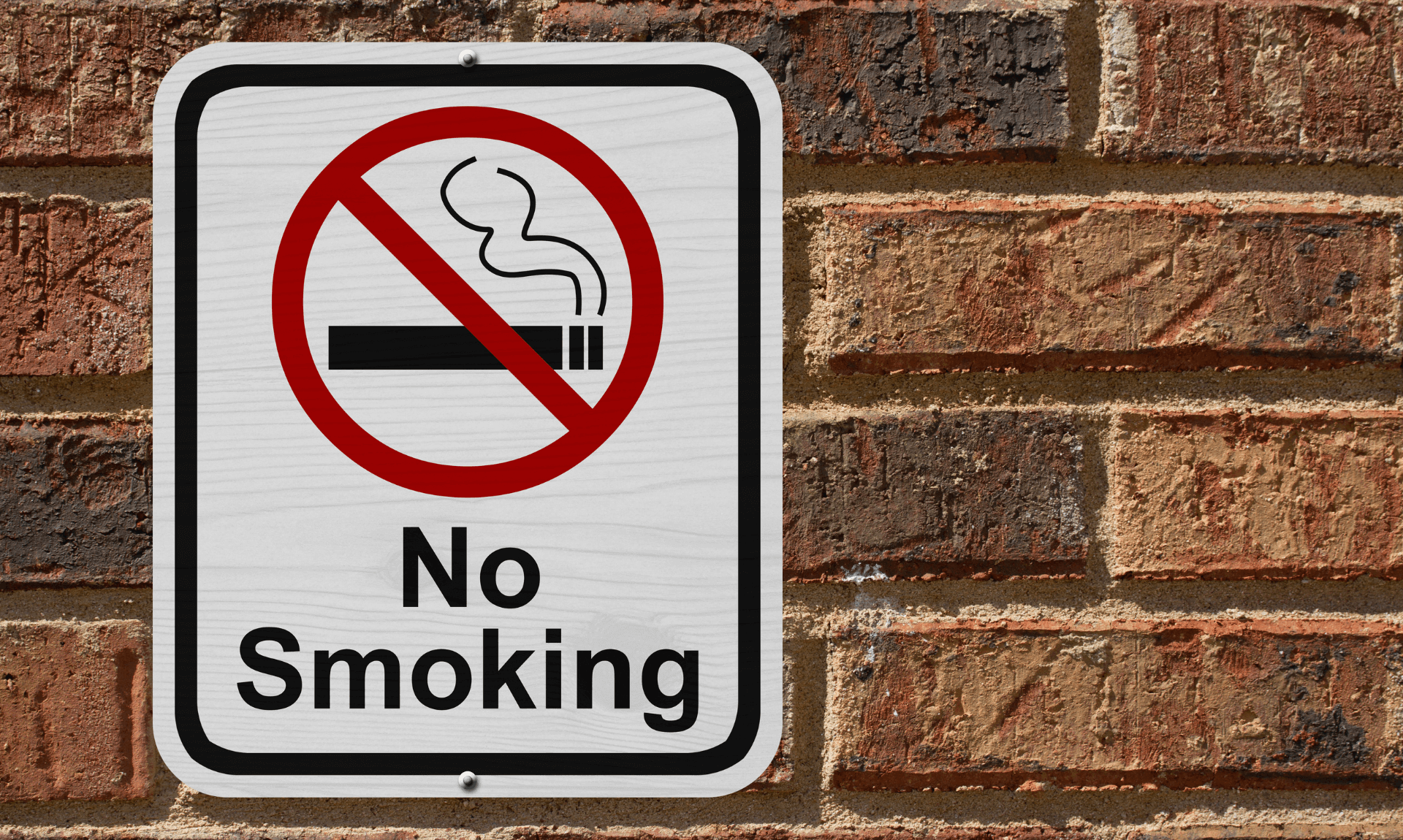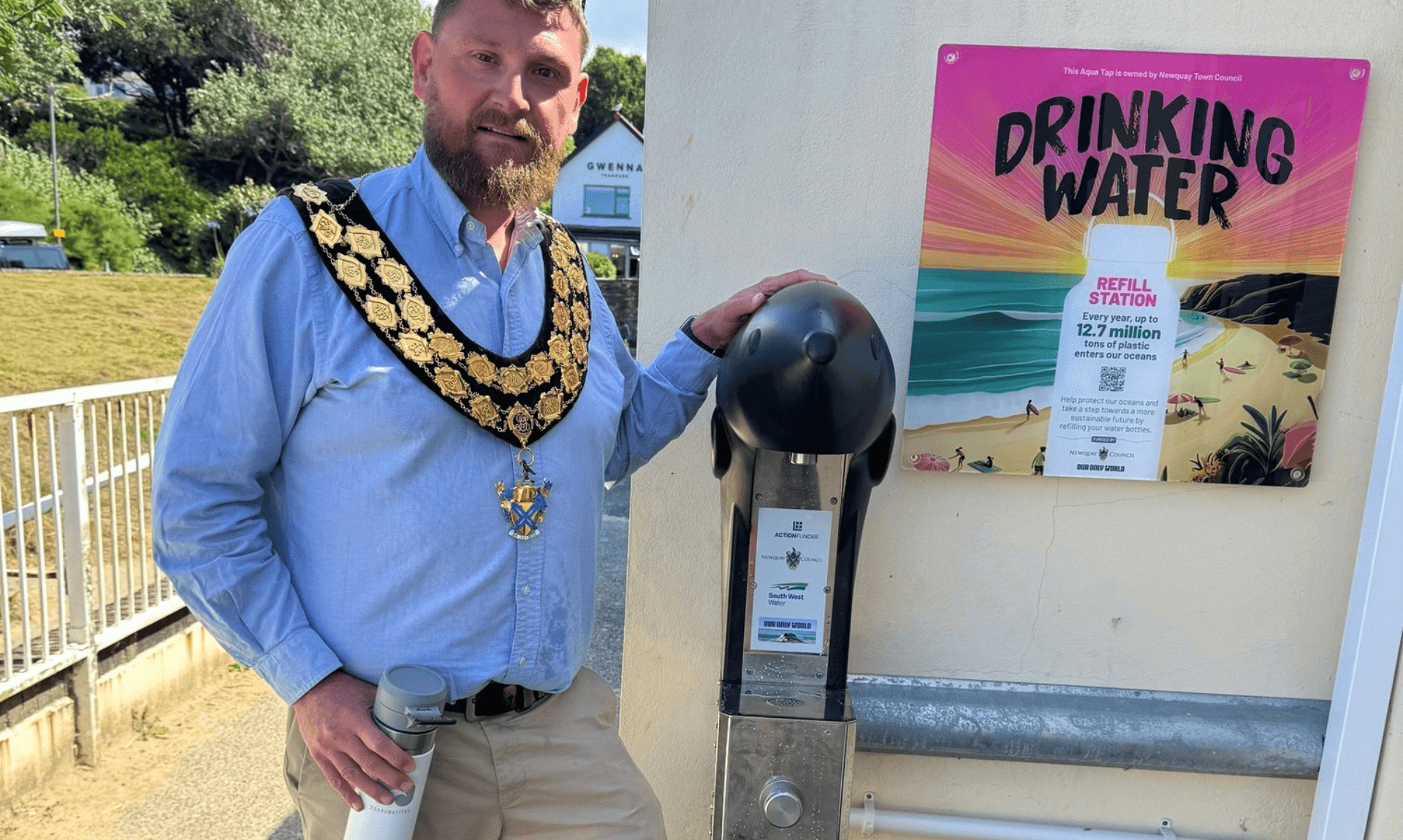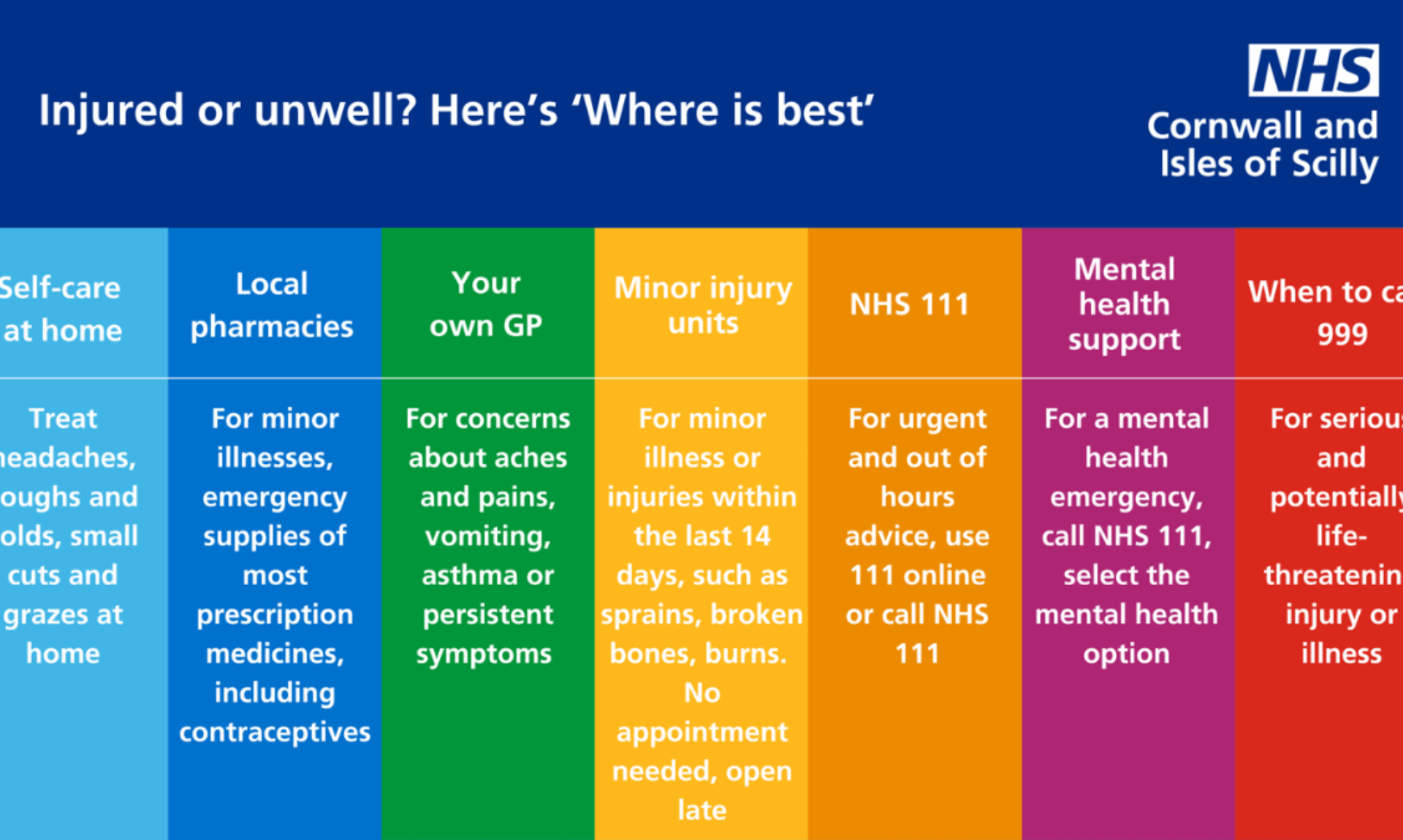Experts Dispel Common Myths About Japanese Knotweed in Cornwall
Japanese knotweed continues to cause headaches across the UK, with new figures showing Cornwall is among the most affected areas. According to invasive plant experts Environet, there are now 1,254 verified sightings of the plant across the county — that’s roughly 0.91 infestations per square mile. The worst-hit areas include Bodmin, Liskeard and Penzance.
Costing the economy over £245 million every year, this invasive species is widely recognised as Britain’s most problematic plant. Yet despite its notoriety, myths and misinformation are still spreading almost as fast as the plant itself.
To set the record straight, Environet has revealed 10 of the most common misconceptions about Japanese knotweed — and the truth behind them.
1. You can kill knotweed with bleach or petrol
Household chemicals, petrol, diesel or standard weedkillers are rarely strong enough to destroy knotweed’s deep underground root system. The plant may appear dead, but it’s usually gone dormant and will regrow later.
2. Covering knotweed will kill it
Blocking sunlight might seem like a fix, but the rhizome can grow sideways beneath the surface, often re-emerging around patios, driveways or tarpaulins.
3. Knotweed can push through concrete
It can’t force its way through solid concrete, but it’s capable of exploiting weaknesses like cracks or joints between slabs. It can also grow through asphalt or paved areas.
4. It’s illegal to have knotweed on your land
It’s not illegal to have Japanese knotweed and it’s not a notifiable weed, meaning there’s no legal requirement to report it. However, letting it spread to a neighbour’s property or failing to declare it when selling can lead to legal issues.
5. You can’t get a mortgage if you have knotweed
Most lenders now approve mortgages on properties affected by knotweed — as long as a professional management plan is in place, supported by an insurance-backed guarantee from a reputable firm.
6. Treated knotweed doesn’t need to be declared when selling
Even if it’s been professionally treated and there’s no regrowth, sellers must still declare it on the Law Society’s TA6 form. Failing to do so could result in legal claims for misrepresentation and compensation for any resulting property devaluation.
7. Knotweed can only be treated in summer
Herbicide treatments are best applied between May and September, but excavation can be carried out year-round, even in winter, for a faster and more permanent solution.
8. You can force your neighbour to remove knotweed
Unless the plant spreads across your boundary, neighbours aren’t legally obliged to remove knotweed. The best course of action is to ask them politely to manage it before it becomes a problem.
9. You can compost knotweed
Avoid composting knotweed unless it’s completely dead. It can regrow from a fragment of rhizome as small as 5g, and the warmth of a compost heap can help it thrive.
10. Knotweed spreads by seed
All Japanese knotweed in the UK is female, meaning it can’t produce viable seeds. It spreads through vegetative reproduction, where new shoots grow from existing rhizomes.
Autumn Is the Perfect Time to Tackle It
Environet Director Emily Grant said, “There are plenty of unhelpful myths about Japanese knotweed that only add to homeowners’ anxiety. It is the most problematic plant in the country, but it can be managed and, with the right treatment plan in place, eradicated for good. As we head through autumn, knotweed will start to die back and become harder to spot, but this can be the ideal time to tackle it, ensuring the garden is back to full use during the spring and summer months.”
About Environet
Environet is the UK’s leading specialist in the removal of Japanese knotweed, bamboo and other invasive plants, working with major house builders, developers, councils and homeowners. Its insurance-backed guarantees are underwritten by CLS Property Insight on behalf of Great Lakes UK Limited, part of the Munich RE group of companies, which holds an ‘AA-’ rating.
The company is at the forefront of research and innovation in the field, with its Xtract™ method recognised as one of the most natural and eco-friendly ways to eliminate Japanese knotweed. Environet also owns and operates The Japanese Knotweed Heatmap, an interactive online map showing live sightings of the plant across the UK.
Share This Story, Choose Your Platform!
To keep up with the latest cornish news follow us below
Follow CornishStuff on Facebook - Like our Facebook page to get the latest news in your feed and join in the discussions in the comments. Click here to give us a like!
Follow us on Twitter - For the latest breaking news in Cornwall and the latest stories, click here to follow CornishStuff on X.
Follow us on Instagram - We also put the latest news in our Instagram Stories. Click here to follow CornishStuff on Instagram.
You Might Also Be Interested In
Don’t Miss What’s Happening in Cornwall
Join others in Cornwall by receiving the latest daily news in Cornwall, sent direct to your inbox.




























